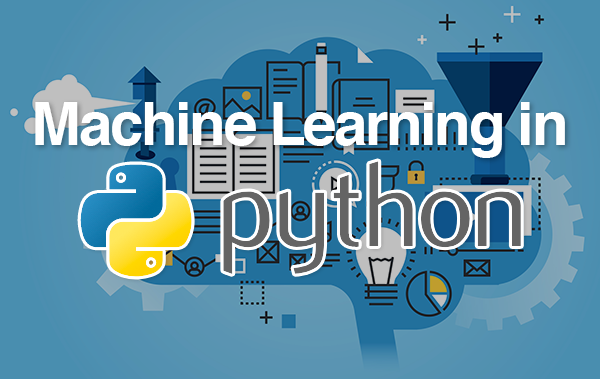
Normalization is a process of adjusting the values of a variable so that it conforms to a standard scale. In python, there are several ways to normalize data. One common method is to use the Min-Max Scaler, which scales the values of a variable between a minimum and maximum value, typically 0 and 1. Another method is to use the Z-score normalization, which scales the values of a variable based on its standard deviation from the mean.
Normalization is often used in machine learning and data analysis to prepare data for modeling. For example, when training a neural network, it is important to normalize the input data so that the network can learn the correct weights and biases. Similarly, when analyzing data, normalizing the values can make it easier to compare and interpret the results.
In Python, the scikit-learn library provides several tools for normalizing data. One popular method is to use the StandardScaler class, which calculates the Z-score normalization. Another method is to use the MinMaxScaler class, which performs Min-Max Scaling. The library also provides other classes such as the RobustScaler and Normalizer.
To use these classes, you first need to import the necessary modules from the library. Once imported, you can create an instance of the class, fit the data to the model, and then use the transform method to normalize the data.
In addition to using these classes, you can also use numpy or pandas to normalize data. For example, you can use the pandas.DataFrame.apply method to apply a normalization function to each element of the DataFrame or use numpy.linalg.norm to calculate the vector norm of the data.
It is important to note that the normalization process is applied only to the feature of the data, not the label. Also, it is important to normalize the data using the same parameters (e.g. mean and standard deviation) that were used to train the model. This way, the test data will be in the same scale as the training data, and the results will be more accurate.
In this Applied Machine Learning & Data Science Recipe (Jupyter Notebook), the reader will find the practical use of applied machine learning and data science in Python programming: How to do Normalization of Data.
What should I learn from this recipe?
You will learn:
- How to do Normalization of Data.
How to do Normalization of Data:
Disclaimer: The information and code presented within this recipe/tutorial is only for educational and coaching purposes for beginners and developers. Anyone can practice and apply the recipe/tutorial presented here, but the reader is taking full responsibility for his/her actions. The author (content curator) of this recipe (code / program) has made every effort to ensure the accuracy of the information was correct at time of publication. The author (content curator) does not assume and hereby disclaims any liability to any party for any loss, damage, or disruption caused by errors or omissions, whether such errors or omissions result from accident, negligence, or any other cause. The information presented here could also be found in public knowledge domains.
Learn by Coding: v-Tutorials on Applied Machine Learning and Data Science for Beginners
Latest end-to-end Learn by Coding Projects (Jupyter Notebooks) in Python and R:
Applied Statistics with R for Beginners and Business Professionals
Data Science and Machine Learning Projects in Python: Tabular Data Analytics
Data Science and Machine Learning Projects in R: Tabular Data Analytics
Python Machine Learning & Data Science Recipes: Learn by Coding